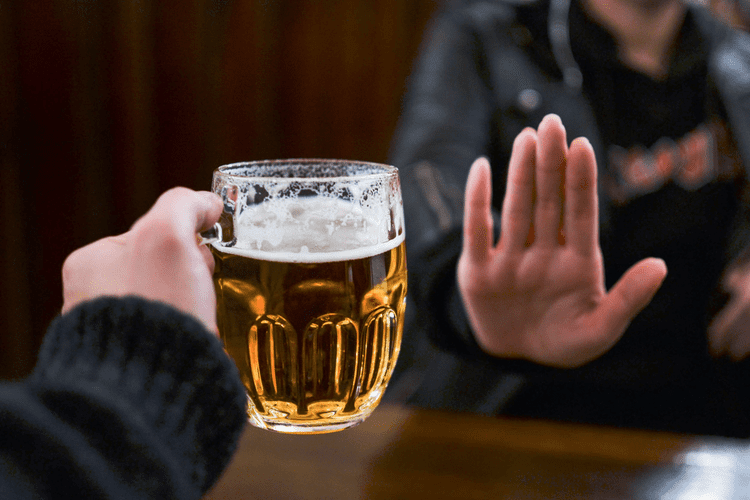4 Lessons From Drinking Again After a Sober Month by Sarah Stroh Substance Abuse
It’s helpful to have http://www.pozdravleniya.net/angliyskie_s_dnem_rojdeniya/page/9/ a relapse prevention plan that considers these triggers, with specifically identified strategies to address them. Social factors, including peer pressure, family drinking patterns, and cultural attitudes toward alcohol use, significantly influence an individual’s relationship with alcohol. The interplay of these factors makes alcoholism a complex disease that requires a multifaceted approach to treatment and understanding.

Health Categories to Explore
It encompasses a spectrum of behaviors ranging from binge drinking to physical dependence on alcohol. Studies show that engaging in mind-body relaxation techniques can be effective in long-term relapse prevention. Practicing self-care, learning to say no and avoiding unnecessary stress — a common trigger for relapse — https://ffforever.info/index.cgi?act=Profile;CODE=03;MID=70-1163756393 are also vitally important. Many people require additional support through sober living, support groups and medication to maintain their sobriety. Alcoholism is defined as a chronic condition that is the most severe version of alcohol abuse.
Abstinence stage
This hope may disrupt optimal recovery and keep the individual from moving forward in their recovery. There are many reasons a person in recovery may decide to drink again. The drinker may have been in recovery for a while and became too comfortable. They debate if they can drink casually after spending time away from alcohol. Casual drinking is impossible for someone who has an alcohol use disorder (AUD) because alcoholism reactivates cravings and makes it difficult to avoid old drinking habits. For people in recovery, it is impossible to reintroduce alcohol into their new lifestyle, as they could only achieve stability once they stopped drinking.
Grayson Murray’s Tragic Wake-Up Call for Pro Golf On Alcoholism, Addiction & Mental Health
If you or someone you know has alcohol use disorder (AUD) and has relapsed, this is a common occurrence. You can take steps to get back on track after an alcoholic relapse has occurred, and you can watch for warning signs that you might need more intensive intervention. Your body has acclimated to quitting drinking over the past couple of years. To avoid a relapse at this stage, your mental health is vital. By incorporating these elements into their aftercare plan, individuals can significantly reduce the risk of relapse and increase the likelihood of long-term sobriety and well-being.
- Receive encouragement from people worldwide who know exactly what you’re going through!
- Another immediate need you should fulfill following a relapse is a safe living environment.
- Generally, it’s not recommended for someone who has struggled with AUD to start drinking again.
- So there are skills to learn and attitudes to practise if you want to drink differently.
At United Recovery Project, our holistic approach to addiction treatment centers around addressing and healing theunderlying issues at the root of addiction. If you can recognize the warning signs of each stage, you can take action to avoid a relapse. Harm reduction recognizes that for some, it is either not necessary or not possible to quit drinking entirely. In place of quitting alcohol, harm reduction works to help people be http://robofest2012.ru/2018/boston-dynamics-sovershenstvuet-vozmozhnosti-svoih-robotov/ more mindful about their drinking habits. Gallus Medical Detox Centers specialize in safe, effective medical detox.
- It can be hard to find (or even know) the balance of how much alcohol your body is able to handle.
- While it offers a potentially less daunting goal than absolute abstinence for some, it also carries significant risks that cannot be overlooked.
- If you have alcohol use disorder and want help, a healthcare provider can guide you to resources and rehabilitation programs to help you quit.


